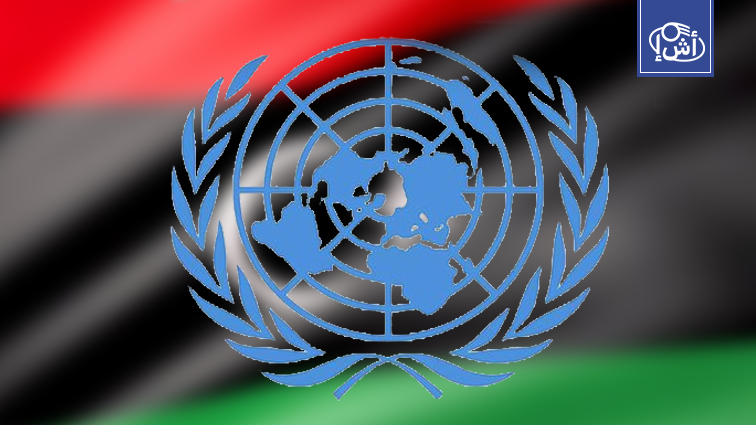The Political Affairs Officer Sonia Sigmund identified the main causes of political instability and security in Libya during a panel discussion on International Women’s Day.
Sigmund said that unequal access to Libya’s wealth, lack of transparency and accountability in its management, and limited socio-economic prospects, especially for Libyan women and youth, are strong drivers of political instability and insecurity in Libya.
“Systematic discrimination against women, unequal opportunities, and limited access to resources not only hinder individuals from realizing their potential, but also the overall prosperity and resilience of Libyan society,” Sigmund said.
The World Bank estimates that Libya is classified as a middle- to high-income country, but ongoing conflict, political instability, the repercussions of the COVID-19 pandemic and natural disasters have led to a significant decline in GDP by 54% between 2010 and 2024.
Twenty women from the civil society sector participated in a webinar organized via videoconference, which included speeches by economist Hala Bugaighis from Jusoor, and representatives from the United Nations Support Mission in Libya (UNSMIL) and the United Nations Development Program (UNDP).
Commission Council receives the Director of the USAID office in Libya
